
Right Kind of Wrong
The Science of Failing Well
ISBN: 9781982195069
Pages: 368
Recommendation
James Joyce wrote that “a man of genius makes no mistakes. His errors are volitional and are the portals of discovery.” Indeed, learning to fail well is a vital skill, writes Amy Edmondson, a leadership professor at Harvard Business School. Once people feel safe enough to fail, explains Edmondson, they can capitalize on failure to drive learning, innovation and growth. Edmondson’s fresh, applicable guide, replete with real-life examples, will help you develop self-acceptance and self-awareness, while tapping into the freedom that comes from approaching your failures with humility and curiosity.
Summary
About the Author
Amy Edmondson is a leadership and management professor at Harvard Business School. She has written several books, including The Fearless Organization and Teaming.


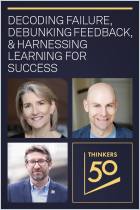
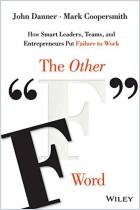
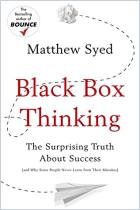

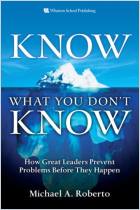

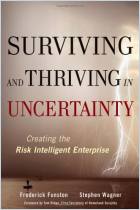


Comment on this summary